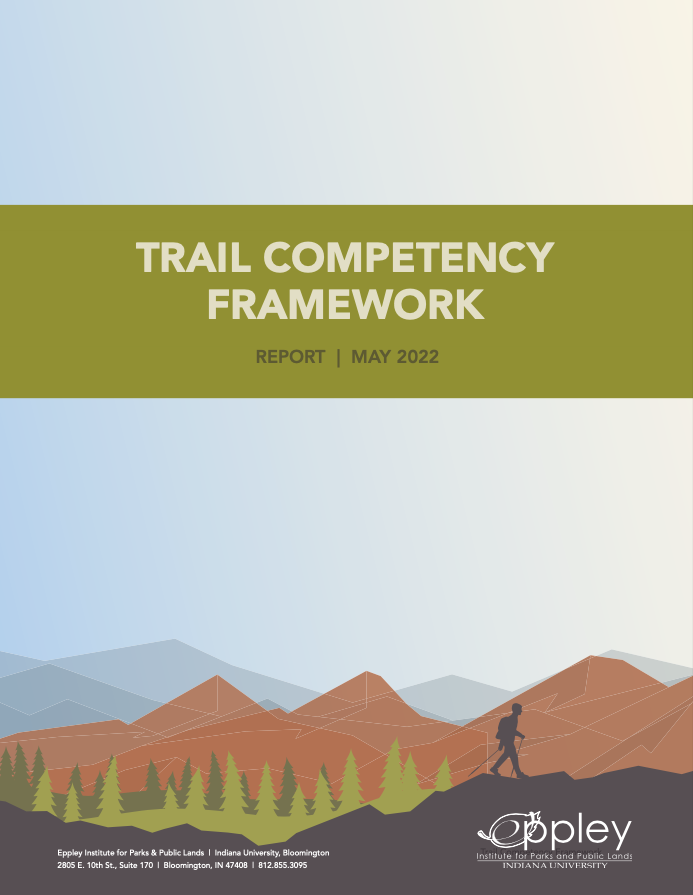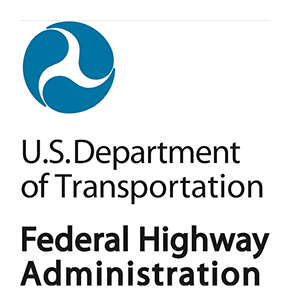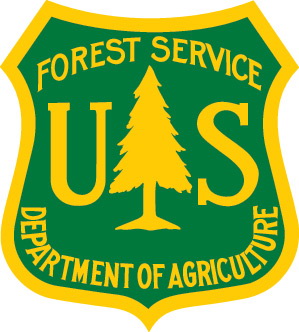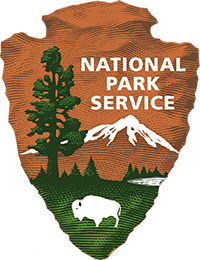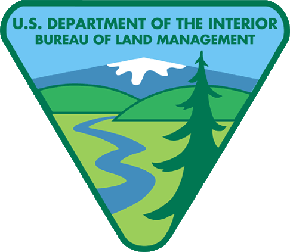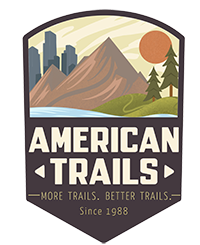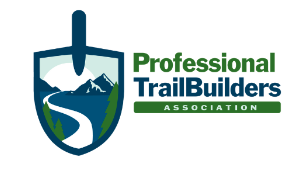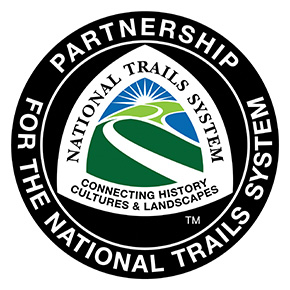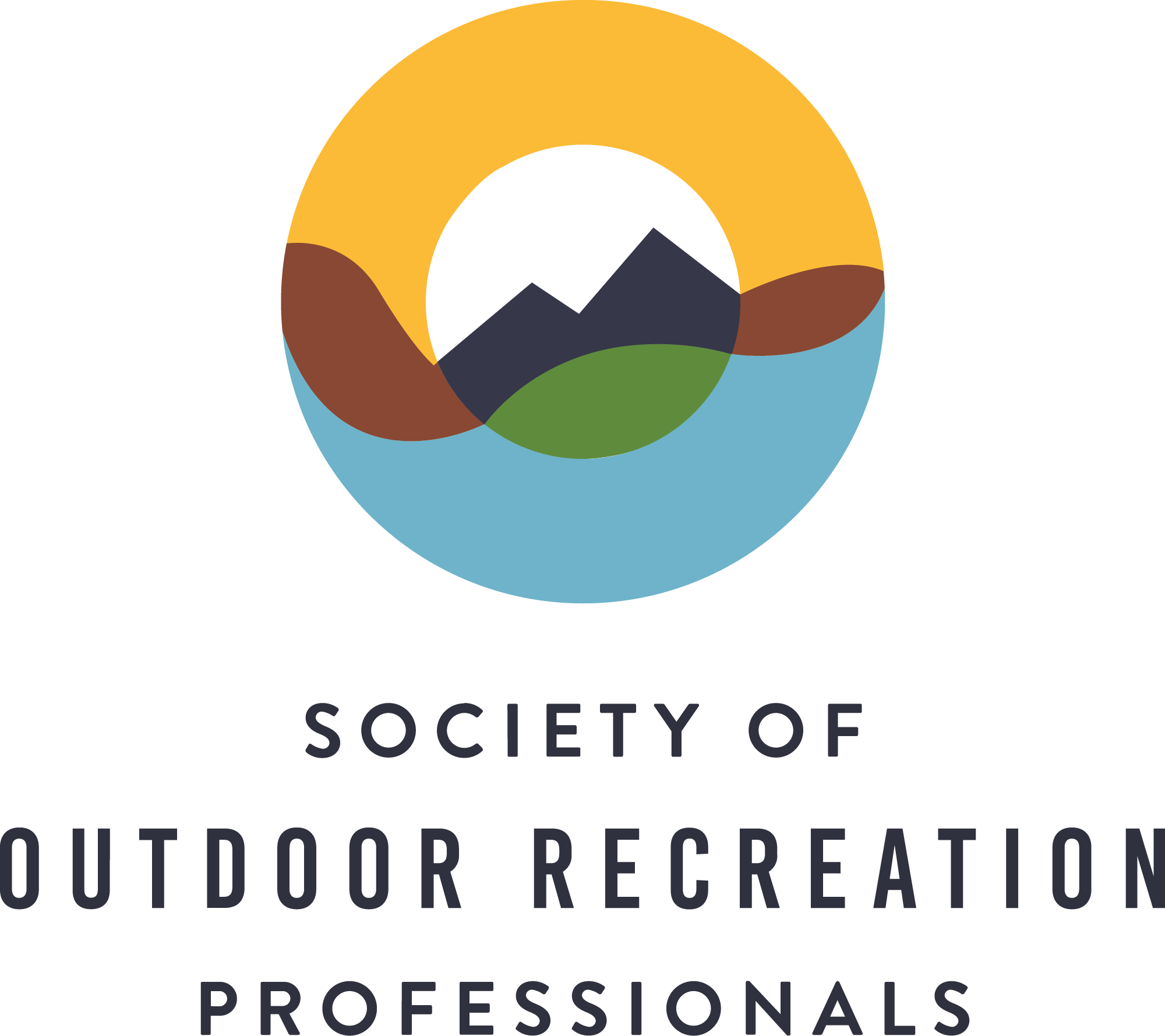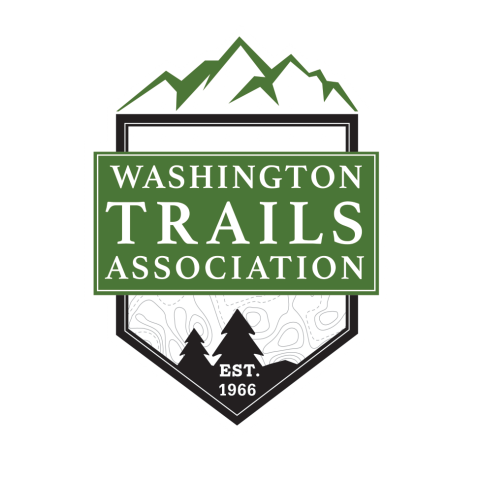The Trail Competency Framework Research Project
In 2021-2022, a group of nationwide trail professionals representing federal agencies, trail nonprofits, and the private sector initiated this project to develop a common trail competency framework to:
- Align, integrate, and coordinate trails training content development and delivery around the country,
- Better communicate needs for technical trail expertise and strategic investment in training,
- Identify skilled trail professionals and competency gaps (professional and volunteer) in the trail community at large, and
- Allow for a common language between Agency, Inter Agency, Partner Groups, Collaboratives and Professionals when it comes to trail maintenance and field work, trail program and information management and project and volunteer/partner program management.
- Promote consistency and quality of existing and future training, while allowing the flexibility for regional variations.
- Provide increased opportunities to connect trail volunteers, stewards, agency staff, and professionals.
The group engaged Indiana University’s Eppley Institute for Parks and Public Lands to define the methodology for engaging the greater trails community through a survey research project. Employing a Modified Delphi study design to develop and validate this set of competencies, the resulting competency framework reflects the feedback of more than 200 trail experts nationwide. Collectively the respondents represent 44 states and, on average, 19 years of trail work experience. A final list of 47 competencies across 6 competency groups was validated by the study. Respondents also indicated the persona (i.e., skill) level that was most applicable to a given competency: Entry, Full Performance, and Expert.




